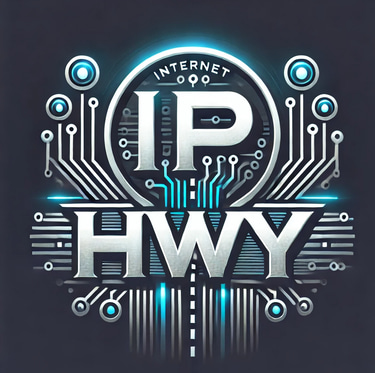When an Empire Falls... The Cost of One Weak Password.
Strong Towers, Weak Foundations... A Cybersecurity Lesson in Collapse
Jim Leone
9/25/20252 min read
History teaches us that empires rarely collapse from a single battle. The Roman Empire did not fall overnight, it crumbled under years of pressure, compounded by one weakness after another, until the final blow came.
In cybersecurity, many companies are facing their own version of that story.
Last week, a headline stopped me cold: “How One Bad Password Ended a 158-Year-Old Business.”
KNP Logistics, a company that had survived world wars, economic collapses, and shifting markets, was brought to its knees not by a global recession or a supply chain collapse, but by a single weak password.
I shared that story here on LinkedIn yesterday, and it stayed with me all day.
The Illusion of Safety...
Many organizations operate under a dangerous illusion: we’ve invested heavily in security, so we must be safe. They buy the latest appliances, deploy twenty different security tools, and proudly hang compliance certificates on the wall.
But here’s the truth executives often don’t want to hear: you are only as strong as your weakest link. You can have every cutting-edge hardware/software platform in the industry, but if the fundamentals aren’t in place, it’s all just a very expensive facade.
Without skilled people, strong governance, and functional policies, all those tools are like fire alarms in a building with no fire exits. They’ll make a lot of noise, but they won’t save you.
Building on Sand...
Too often, companies put growth ahead of resilience. They invest heavily in expansion, but neglect fundamentals. It isn’t malicious, and many IT teams are trying as hard as they can. But without the right skills, proper leadership, and a structure that enforces accountability, vulnerabilities become inevitable.
It’s like building the World Trade Center on a pile of sand. The higher you build, the more impressive it looks, but the weaker your foundation becomes. Sooner or later, gravity wins.
KNP’s fate is a stark reminder of this truth. They had insurance. They had compliance. They had investments in technology. But attackers didn’t need to break the fortress; they just walked through the side gate left unlocked.
Weakness Spreads Like Rot...
A password may seem like a small thing, but it represents the principle every leader must remember: security fails at the edges, not the center. Attackers aren’t challenging your most advanced defenses. They’re looking for the misconfigured account, the exception to the rule, the one policy that exists only on paper.
Empires don’t fall because of what’s visible; they fall because of the cracks no one wanted to fix.
Takeaway...
For leaders, this story isn’t just about ransomware, it’s about governance and accountability. Technology cannot replace discipline. Policies that aren’t enforced are as useless as fire drills never practiced. And staff without the right skills or oversight will continue to expose you, no matter how hard they work.
Investments don’t equal outcomes. Twenty tools won’t protect you if no one is empowered to make them work.
Resilience is built on fundamentals. Strong passwords, MFA everywhere, least-privilege access, non-negotiables that must be lived, not written.
Compliance ≠ security. Passing an audit won’t stop an attack.
Leadership sets the tone. Security succeeds or fails at the top, based on how governance is enforced.
One weak password destroyed 158 years of history. That should terrify every business leader.
The question is not how much have you spent on security? The real question is: how strong is your foundation?
Because in the end, it only takes one.
The IP HighWay
Stay updated with the latest IT security news.
info@iphwy.com
© 2025. IPHwy LLC. All rights reserved.



